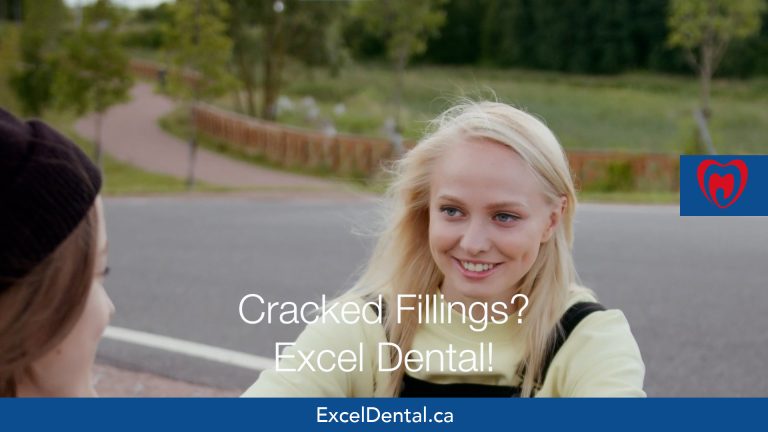How does age affect oral health?
Aging can increase risks of gum disease, tooth loss, dry mouth, oral cancer, and wear of tooth surfaces.
Dentist
Dr. Susan R. Pan, DDS, is a highly qualified dentist with a long-standing engagement in the field since 1986. She was a recipient of the Dr. Gerald Z Wright Award for graduating first in her class at Schulich School of Medicine & Dentistry, University of Western Ontario. Additionally, she worked as a clinical instructor for new dentists at the University of Western Ontario’s School of Dentistry and graduated from the Dental School of Sun Yat-Sen University of Medical Sciences. Dr. Pan has received recognition for her exceptional work, as she was consecutively awarded the Diamond Winner for the Readers’ Choice of their Favorite Dentist by the Hamilton Spectator in 2014 and 2015, and was nominated for the same title multiple times in 2007, 2010, 2014, 2015, 2016, and 2017.
Brush twice daily, floss once a day, use fluoride toothpaste, rinse with mouthwash, and have regular dental check-ups.
Causes can vary, including minor injuries, stress, certain foods, or underlying conditions. If persistent, it’s crucial to see a dentist.

Prevention is the most important part of managing tooth abrasion.
Choose a low abrasion toothpaste as some toothpastes play a significant role in causing tooth abrasion. The RDA value [Relative Dentin Abrasivity] ranges from 0-250. RDA values of 150-250 are considered the harmful.
Use a soft toothbrush and a correct brushing technique using moderate force.
The process typically involves a consultation, tooth preparation, taking impressions, fabricating veneers in a dental lab, and bonding them to the teeth. It usually takes two or more dental visits.
Yes, porcelain veneers can be used to enhance the symmetry and appearance of a tooth with an asymmetrical shape.
Are you aware of the impact diabetes can have on your oral health? The numbers might surprise you. With over 34 million Americans living with diabetes, it’s important to understand how this disease can affect your teeth and gums. Let’s dive into the connection between diabetes and oral health. What is Diabetes? Diabetes is a…